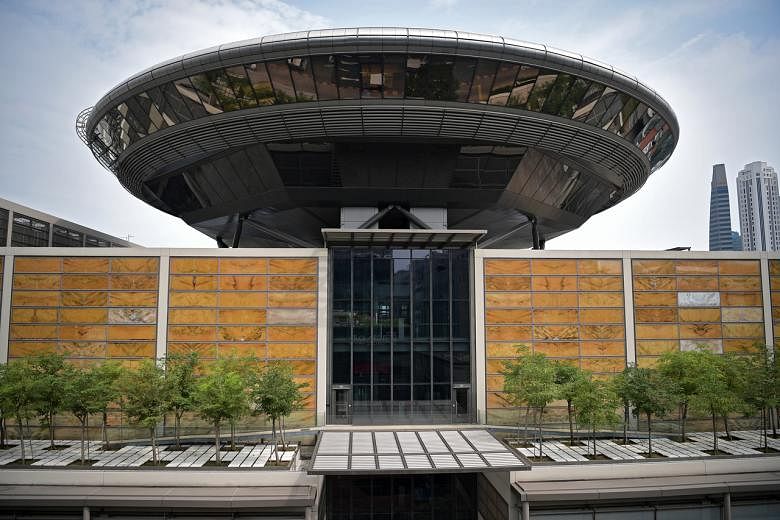SINGAPORE - In resolving parent-guardian disputes on matters relating to a child under guardianship, the authority of the child's parents is not superior to that of the child's guardian, the High Court stated on Wednesday (Dec 18).
Such matters include changing the child's name or race.
On Wednesday, the High Court dismissed an appeal involving a legal tussle between a woman and her daughter's legal guardian over the mother's move to change her daughter's name, surname and race. The daughter is now 11 years old.
The names, surnames and races of all parties are not specified in the court documents.
The court learnt that the mother had left the child in the care of other individuals, including the guardian, since 2009. She eventually married the child's stepfather in 2013, and subsequently had two sons.
The guardian is the step-aunt of the mother. She had been the daughter's appointed legal guardian since July 2011.
Through a mediated agreement entered in December 2017, both the guardian and the mother are currently joint guardians of the child.
According to court documents, the mother initially took the surname "FF" and race "B" of her stepfather.
She therefore shared the same surname and race as the guardian, who is the sister of her stepfather.
Her daughter also took the same surname "FF" and race "B" after she was born out of wedlock.
In August 2017, the mother replaced her surname "FF' with surname "DD". Surname "DD" was the surname of her mother, who is the child's biological grandmother.
She also changed the racial group on her identity documents from race "B" to race "A". Race "A" is the racial group of the child's biological grandmother.
In the same month, the mother then executed the same changes to the name and race of her daughter.
She had done so for various reasons, including wanting the child to have a greater connection to her, especially after years of being separated.
The guardian commenced legal proceedings to overturn the changes in the child's name and race in response.
In October last year, the Family Court ordered the mother's changes to be set aside. The mother subsequently appealed against the decision.
In his judgment, Judicial Commissioner Tan Puay Boon pointed out that the welfare of the child remains a paramount consideration for the court when resolving disputes over matters relating to children.
Mr Tan also rejected the mother's argument that parental authority takes precedence over a guardian's authority in such disputes.
He cited situations where guardians are appointed by the court because the parent's ability to look after a child is in doubt, such as when the parent has little interest in the welfare of the child.
In such situations, the mother's argument for the supremacy of parental authority "breaks down".
He also found that, in this case, there was no restriction on the guardian's authority over the daughter.
The guardian was therefore exercising "the authority that the parent naturally possesses over the child".
Mr Tan also agreed with the trial judge that the mother's changes were not in the best interests and welfare of the daughter.
He noted that the mother had been minimally involved in raising her daughter and was unlikely to care for her in the immediate future, given that her current family relied on welfare assistance and financial help to get by.
The only substantive link between the mother and her daughter would be the blood bond between them, and the visits she can make to her child.
Accordingly, the sole reason for the changes was therefore to "create and maintain" a symbolic link between the mother and her daughter.
While he recognised the importance of preserving such a symbolic link between the mother and her child, Mr Tan disagreed that it should be achieved by upholding the mother's changes.
He also pointed out that the changes would result in the child having to abandon the heritage that she was brought up in.
He further commented that there were alternatives to preserving the link between the mother and her daughter without needing the daughter to abandon her heritage, such as including the new surname "DD" into the child's name while retaining the current surname "FF".
Qualifying that his judgment discussed only the legal framework used in resolving this dispute, Mr Tan mentioned that it should not be viewed as prescribing "what the hierarchy of the relationships between parents, guardians and even non-guardians and a child should be".


